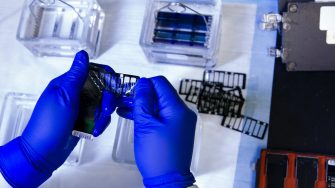New funding will support a more inclusive genomic healthcare approach for people with intellectual disability
The collaborative project between UNSW Sydney, Sydney Children’s Hospital Network and NSW Health will provide world-first resources to inform people with intellectual disability about their own genetics and improve their health outcomes.

